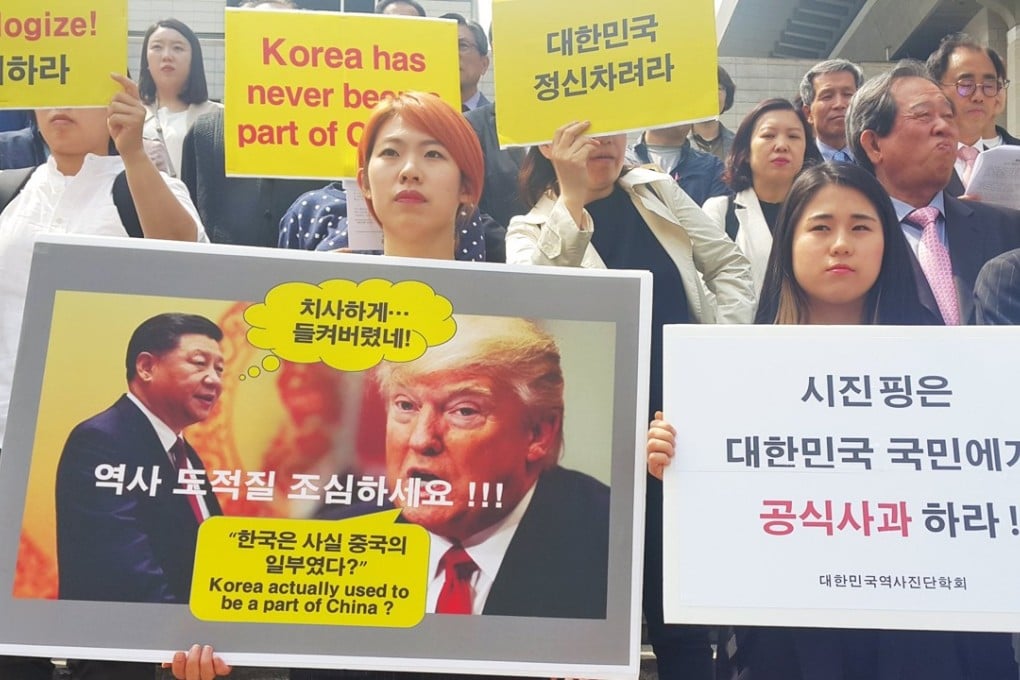Reflections | Was Korea ever part of China? Why history alone can’t answer question of what makes a region part of another country
Donald Trump’s ‘Korea was a part of China’ remark may have had Koreans fuming but, according to ancient Chinese records, the Chinese did at some point have political control over Korea

Koreans, on both sides of the 38th parallel, got hot under the collar recently after United States President Donald Trump said Korea was historically a part of China.
According to ancient Chinese records, the Chinese had some form of political control over Korea. Around 1040BC, King Wu of the Western Zhou dynasty enfeoffed faraway Chaoxian (“Joseon” in Korean, an old name for Korea) to Jizi, a scion of the royal family of the Shang dynasty, which Wu had just overthrown. Around 190BC, Wei Man (“Wi Man” in Korean), a Chinese general of the Western Han dynasty fled to Korea, overthrew the local ruler (who might have been a descendant of Jizi) and declared himself king. In 109BC, China invaded and colonised Korea, establishing four commanderies ruled directly by the Chinese. The Han dynasty’s control of Korea was tenuous at best and soon the peninsula split into warring local kingdoms.
In subsequent centuries, until the late 19th century, a politically unified Korea maintained a tributary relationship with the ruling dynasty in China, in which the Korean king recognised the suzerainty of the Chinese emperor and regularly sent tributary gifts to the Chinese court.
The question of what makes one country or region a part of another, historically or “inalienably”, cannot be answered by appealing to history alone. In many instances, the issue is settled by a political reading of historical facts, mythmaking and, if all else fails, brute force.

